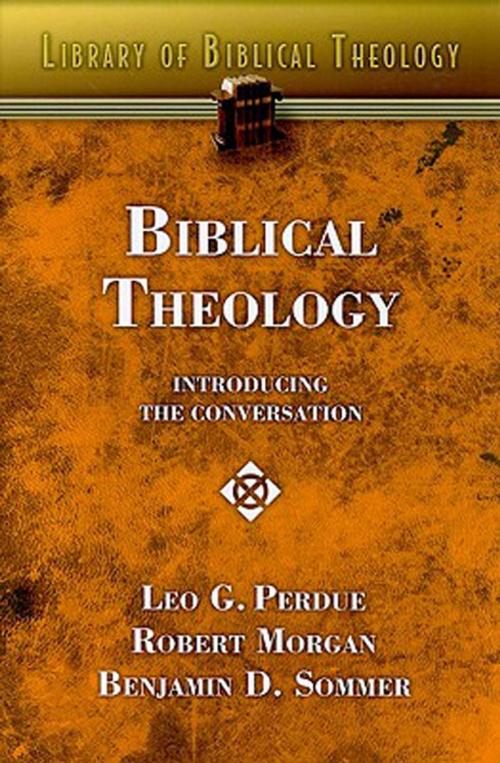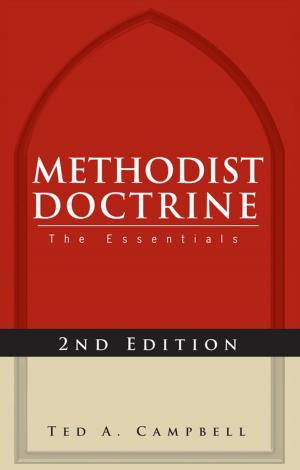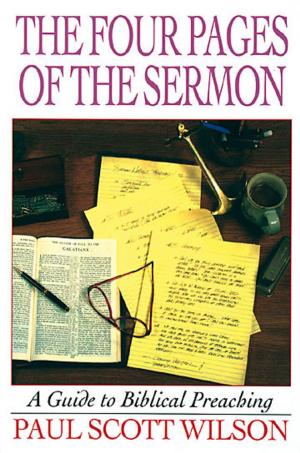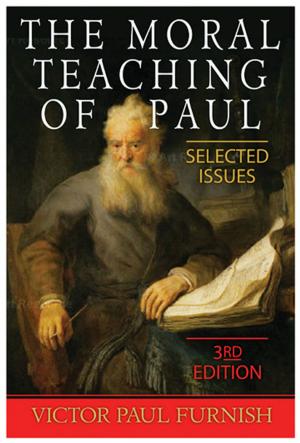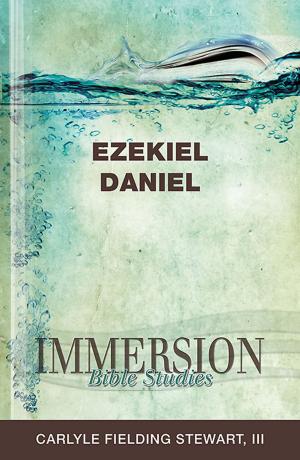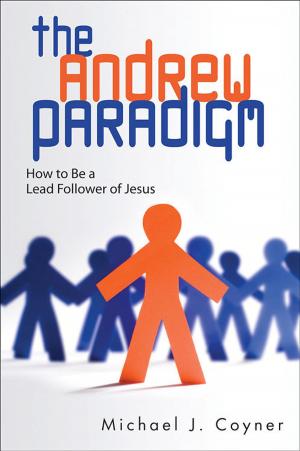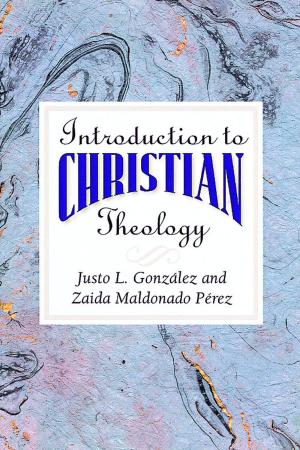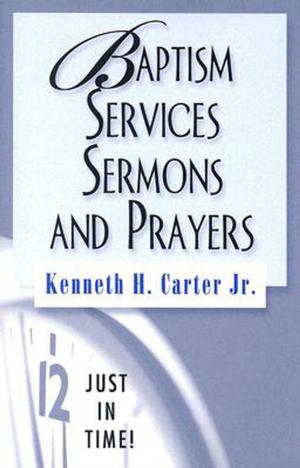Biblical Theology
Introducing the Conversation
Nonfiction, Religion & Spirituality, Theology, Bible & Bible Studies, Christianity| Author: | Leo Perdue | ISBN: | 9781426731990 |
| Publisher: | Abingdon Press | Publication: | October 1, 2010 |
| Imprint: | Abingdon Press | Language: | English |
| Author: | Leo Perdue |
| ISBN: | 9781426731990 |
| Publisher: | Abingdon Press |
| Publication: | October 1, 2010 |
| Imprint: | Abingdon Press |
| Language: | English |
One of the thorniest problems in theological study is the relationship between biblical studies on the one hand, and constructive theology on the other. Theologians know that the Bible is the core source document for theological construction, and hence that they must be in conversation with the best in critical study of Scripture. For many biblical scholars, the point of what they do is to help the biblical text speak to today’s church and world, and hence they would do well to be in conversation with contemporary theology. Yet too often the two groups fail to engage each other’s work in significant and productive ways. The purpose of the Library of Biblical Theology, and this introductory volume to it, is to bring the worlds of biblical scholarship and constructive theology together. It will do so by reviving biblical theology as a discipline that describes the faith of the biblical periods on the one hand, and on the other hand articulates normative understandings of modern faith and practice. In this volume the authors begin by providing an overview of the history and possible future of biblical theology. They introduce biblical theology as a fundamentally contrastive discipline, one that is neither dogmatic theology (seeking to explain the official teachings of a particular Christian tradition), nor is it a purely historical approach to Scripture, eschewing questions of the Bible’s contemporary message and meaning. Rather, biblical theology takes seriously both the need to understand the message of Scripture in its particular historical context, and the need to address that message to questions that confront contemporary human life.
One of the thorniest problems in theological study is the relationship between biblical studies on the one hand, and constructive theology on the other. Theologians know that the Bible is the core source document for theological construction, and hence that they must be in conversation with the best in critical study of Scripture. For many biblical scholars, the point of what they do is to help the biblical text speak to today’s church and world, and hence they would do well to be in conversation with contemporary theology. Yet too often the two groups fail to engage each other’s work in significant and productive ways. The purpose of the Library of Biblical Theology, and this introductory volume to it, is to bring the worlds of biblical scholarship and constructive theology together. It will do so by reviving biblical theology as a discipline that describes the faith of the biblical periods on the one hand, and on the other hand articulates normative understandings of modern faith and practice. In this volume the authors begin by providing an overview of the history and possible future of biblical theology. They introduce biblical theology as a fundamentally contrastive discipline, one that is neither dogmatic theology (seeking to explain the official teachings of a particular Christian tradition), nor is it a purely historical approach to Scripture, eschewing questions of the Bible’s contemporary message and meaning. Rather, biblical theology takes seriously both the need to understand the message of Scripture in its particular historical context, and the need to address that message to questions that confront contemporary human life.
